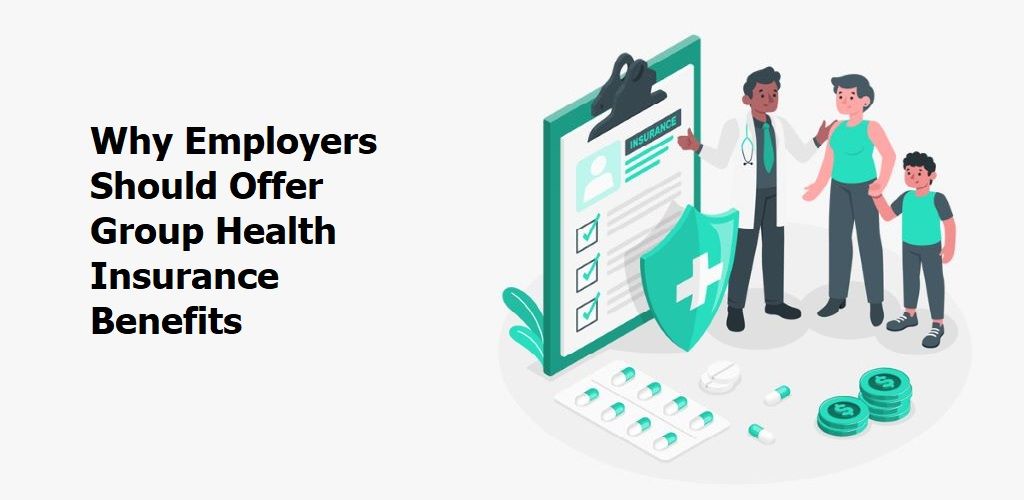It goes without saying that not all medical costs will be covered by your health insurance plan. When policyholders discover that their pricey dental treatments or cosmetic surgery operations are not covered by their health plan, they are frequently dissatisfied and worried.
Therefore, it is vital for the policyholders to be cognizant of health insurance exclusions in order to avoid any financial difficulties that may arise during a medical emergency. The potential policyholder will be able to select the appropriate health insurance plan and be aware of the medical issues that are not covered if they are aware of these exclusions. Although exclusions vary from one insurer to the other, there are certain common exclusions in health insurance policies that you need to know about.
What Are Exclusions In Health Insurance Policy?
Health insurance policies usually cover most illnesses. However, there are certain medical conditions that are not covered by them. These are referred to as exclusions in health insurance. As exclusions are not included under the plan, your health insurance provider will not pay for it. Even though there may be a number of reasons why a certain illness or doctor visit is not covered, it is crucial to study and fully comprehend an insurance plan’s exclusions before making a purchase.
List Of Common Exclusions Under Health Insurance Policy
This list can assist you in understanding some of the most popular exclusions.
- Pre-Existing Disease (PED): A pre-existing disease is any type of disease that the policyholder has been facing before purchasing a health insurance policy. These diseases are not covered under the plan. There is a waiting period of two to four years or more depending on the type of condition and its risk. Pre-existing illnesses include kidney stones, cataracts, a few chronic illnesses, arthritis, diabetes, cardiac issues, joint treatment, and more can be ruled out.
- Waiting Period Clause: Every insurance provider has a standard waiting period after which one can utilize all of the policy’s benefits. One must consider the waiting period of an insurance policy before purchasing it. In a health plan, the various waiting periods range as follows:
- For infants and newborn babies: 90 days
- For pre-existing diseases: 2-4 years
- For illnesses like hernia, osteoporosis, etc.: 1-2 years
- For medical conditions like joint replacement, spinal disorder, cataracts, cysts, etc.: 2 years
- Pregnancy & Related Expenses: One of the most common exceptions in medical insurance policies is maternity and related expenses. A general health insurance policy does not provide coverage for pregnancy or other related conditions including abortion, routine exams, childbirth, etc. Similarly, medical expenses for treating abortion and infertility are not covered under these insurance policies. For the majority of women, pregnancy is a serious condition. Therefore, it is advised that the plan paperwork be carefully reviewed in order to fully understand the exclusions before purchasing.
- Cosmetic Treatments: A growing number of people undergo cosmetic procedures to improve their appearance, but health insurance companies do not pay for these procedures. The goal of cosmetic procedures is to make a person’s face and other body parts look better. As a result, this does not qualify as a medical emergency and cannot be covered by a health insurance plan. However, they are only covered if a certified medical professional makes the recommendation after an accident and injury.
- Suicide: Any health plan does not cover injuries and sufferings brought on by intentional injury or efforts to end one’s life. This is a crucial point that needs to be kept in mind at all times. As a suicide attempt is considered a self-inflicted injury, it is not covered by the majority of health insurance plans.
- Mental Illnesses: Generally, mental illnesses such as depression, anxiety, etc. are not covered under a standard health insurance policy. For a clearer understanding, you can read and understand the policy document well before purchasing any health insurance plan. You must act as your own advocate until insurance companies start treating mental and physical health treatment equally. Inform yourself about the provider networks, payment procedures, and plan alternatives available to you.
- Dental Treatments: As dental treatments are seen as cosmetic procedures; they are not covered under a health insurance plan. However, if the need for dental treatments arises due to an accidental injury, it is covered under the plan.
Dental care is distinct from medical care because the nature of the risk and the deferability of the care are fundamentally different. You’ll head straight to the ER if you’re experiencing a heart attack. Unfortunately, dental issues can sometimes wait and frequently do. Even if the issue could get worse, it’s frequently not a life-threatening one. Therefore, they are usually not covered by health insurance policies.
- HIV/AIDS: Health insurance plans also do not cover various sexually transmitted diseases, such as AIDS. In general, health insurance companies in India, like everywhere else, lacked an adequate foundation for an HIV-positive person. Due to the fact that HIV infection is typically classified as pre-existing disease, the insurers did not even provide the patients with coverage.
- War & Nuclear Weapons: Most health insurance plans will not cover injury or suffering due to war and nuclear weapons because it is explicitly excluded in the policy document of the insurance plan. Having said that, if there ever were to be a war or a nuclear war, the health insurance plans will hardly cover anything for the same.
To Conclude
People should carefully study the policy document to make sure they fully understand the inclusions, exclusions, and limitations of the insurance before choosing the coverage in order to avoid unpleasant situations. Clarity regarding what is and is not covered by the health insurance plan will assist you in choosing the right policy.
In order to answer your questions, you can also inquire with your insurance provider about the exclusions. Knowing everything about your health insurance policy will not only prepare you for out-of-pocket expenses but also make the entire claim settlement process faster and easier.








